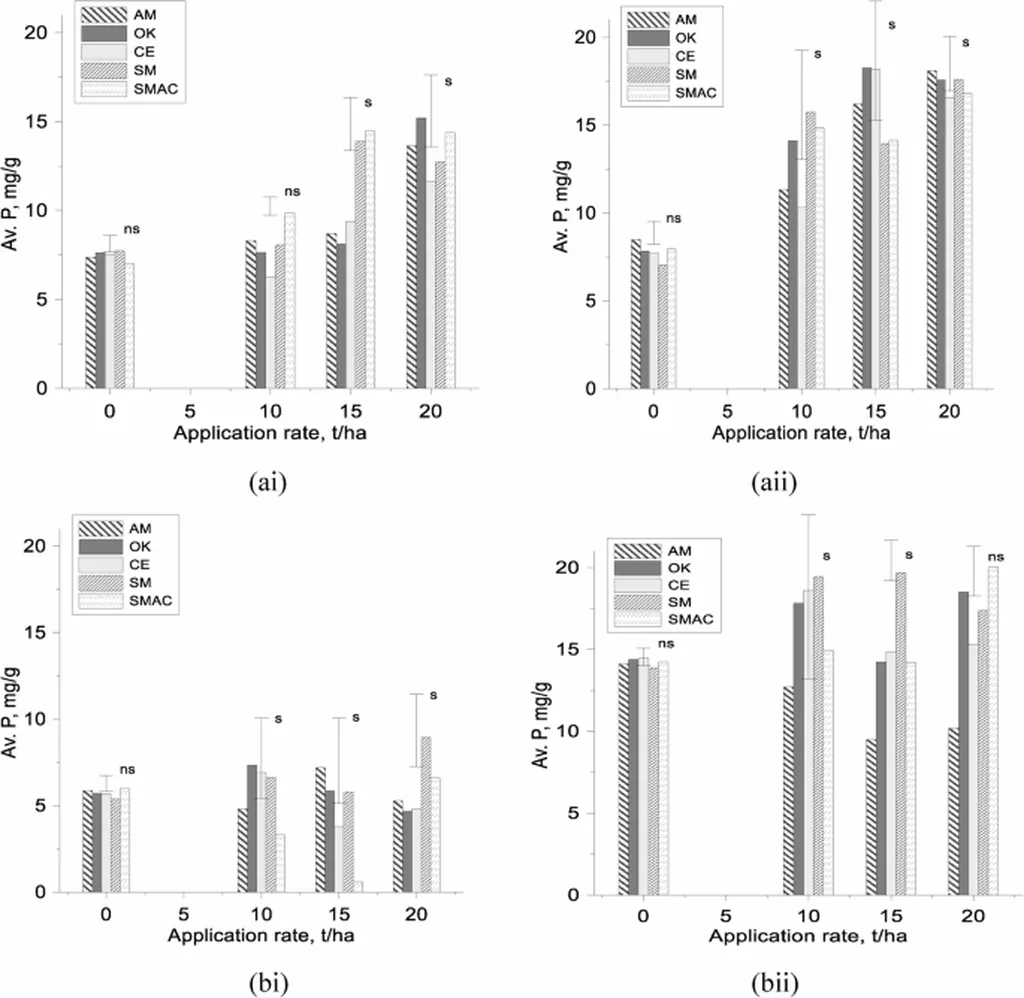In the heart of south Ethiopia, where farmland degradation poses a significant threat to agricultural sustainability, a glimmer of hope emerges from the work of Amanuel Kuma Majamo, a researcher from the Department of Plant Science at Wachemo University. His recent study, published in the journal ‘BMC Plant Biology’ (which translates to ‘Basic and Applied Plant Biology’), explores the transformative potential of organic manure in revitalizing degraded Alfisols, a type of soil prevalent in tropical and subtropical regions.
Majamo’s research focuses on the application of poultry manure (PM) to five vegetable crops: Amaranths, Okra, Celosia, Eggplant, and African Eggplant. The study, conducted over a short evaluation period, reveals promising results that could reshape soil management practices and boost agricultural productivity.
The findings are compelling. By applying PM at rates of 10, 15, and 20 tons per hectare, Majamo observed significant improvements in soil health. “The application of organic manure not only reduces soil bulk density but also enhances water-stable aggregates, which are crucial for soil structure and water retention,” Majamo explains. This means that soils treated with PM can hold more water and nutrients, creating a more favorable environment for plant growth.
The study also highlights the positive impact of PM on key soil properties. Total Nitrogen (TN) and Available Phosphorus (Av. P) increased substantially, which are essential nutrients for plant growth. Soil Organic Carbon (SOC) also saw a notable rise, playing a vital role in soil fertility and carbon sequestration.
“Even with a short evaluation period, the application of organic manure is beneficial for restoring physically degraded soils and enhancing crop production potential,” Majamo states. This is a significant finding, as it suggests that farmers can see tangible benefits from organic manure application in a relatively short time frame.
The implications for the agricultural sector are profound. By adopting organic manure application practices, farmers can improve soil health, increase crop yields, and contribute to sustainable agriculture. This research could pave the way for more effective soil restoration strategies, particularly in regions where soil degradation is a critical challenge.
Moreover, the study’s findings could influence policy and practice in the agricultural industry. Governments and organizations may consider promoting organic manure application as a cost-effective and environmentally friendly solution to soil degradation. This could lead to the development of new guidelines and incentives for farmers to adopt these practices.
As the world grapples with the challenges of climate change and food security, Majamo’s research offers a beacon of hope. By revitalizing degraded soils, we can enhance agricultural productivity, support sustainable farming practices, and contribute to a more resilient food system. The journey towards sustainable agriculture is long and complex, but with innovative research like Majamo’s, we are taking significant steps forward.

